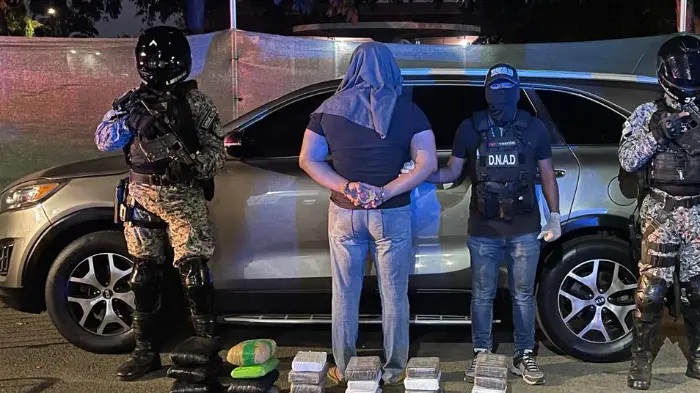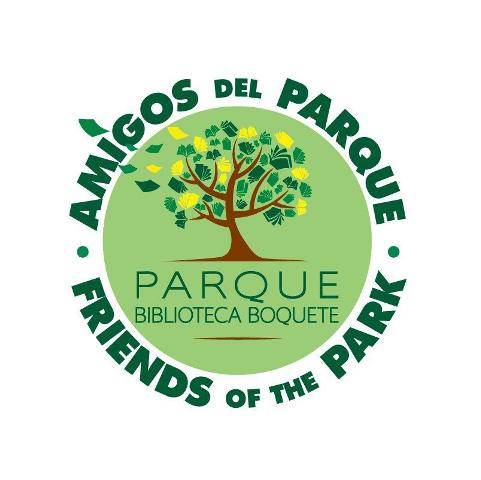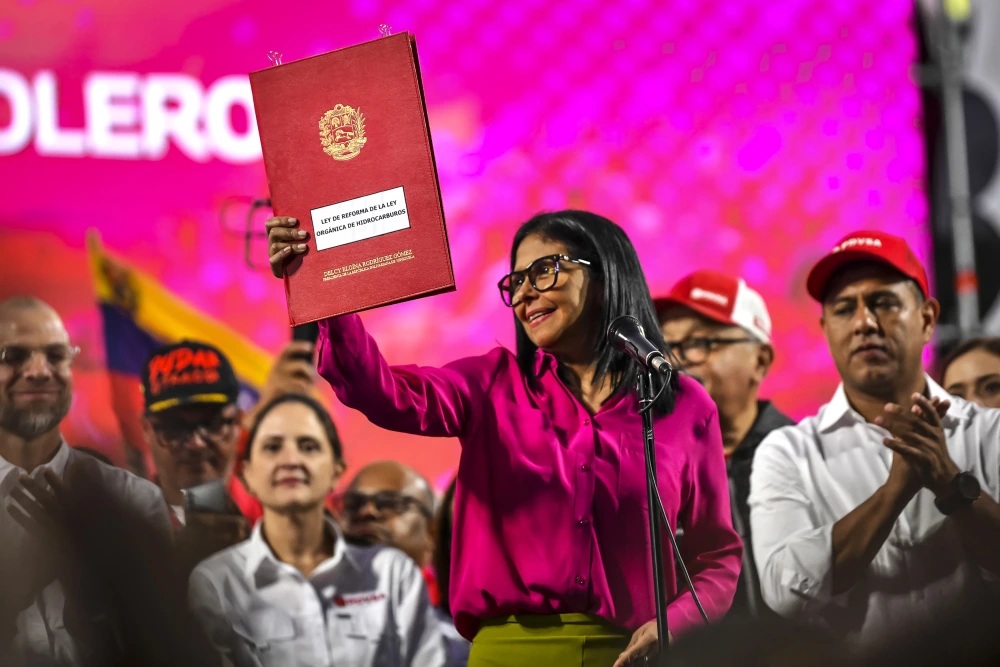What the papers say The linkage, poverty, drugs, gangs and crime

While politicians think the answer to the escalating crime wave in Panama is stiffer sentencing, (except for white collar corruption) an article in La Prensa (March 28) points a finger to poverty.
Some in authority have talked about the introduction of the death penalty, while historians and criminologists point to previous eras when children living in extreme poverty were hanged for petty theft. The penalties didn’t work and in Panama, many turn to gangs and crime via drug dealing as the solution their problems. Few consider the severity o sentences as they battle for control or survival in the gutters of our major cities.
The La Prensa report focuses on Colon.Panama City is not far behind:
The poverty here is easy to see. Children play in streets where raw sewage flows freely, and where many of the houses are crumbling. The dire economic conditions push some people into one of the more lucrative industries in this area, drug smuggling.
And as this activity increases, it brings more and more violence into the community. Gangs engage in bloody battles to control the drug and gun trades. Last year, there were 132 homicides in the city, most related to gang activity. This year, there have been 23 people killed.
"No one is safe in this city," said one employer who maintains a business in the heart of Colón. The owner, who declined to be named for fear of reprisals, points to two recent high-profile murders to support his position. The first was the January 2008 murder of Eduardo Cattán, the vice president of the Chamber of Commerce. The second was the murder of Nathubhai Bharatemai Patel this past February. He was gunned down during a battle between security guards and robbers.
Deputy Police Commission Diego de León said that part of the problem facing the city is the gun trade. He said that investigations have traced the sale of weapons to police officers.
"The community has to report corrupt officers," he said.
But the real problem behind the violence is the drug trade. In small coastal towns, traffickers recruit young people to transport their shipments. Police said that, in one case, two brothers gave up fishing for drug running, finding it much more lucrative. In a short amount of time, there were able to buy a new home, showing how much money can be made in the drug trade.
The also tell the story of another young fisherman who found a package of cocaine floating in the ocean. That was how he started running drugs.
Police said the problem also extends to their own forces, as a number of officers work for drug traffickers.
"We are fighting against corruption within the institution, because there are agents who have been caught in the clutches of drug trafficking," said De León.
Last year, authorities seized 2.4 tons of drugs in Colón, and this year they have seized about a ton. According to police, this is but a fraction of the drugs moved through the area, fueling the violence and crime that plagues the community.





